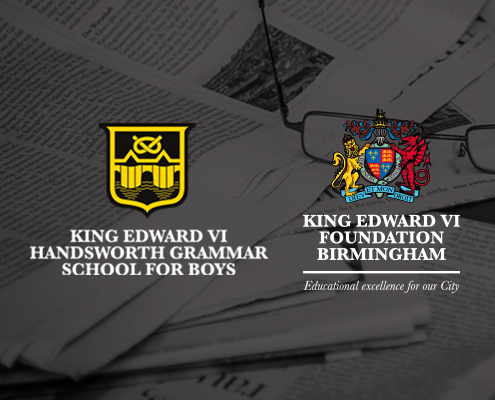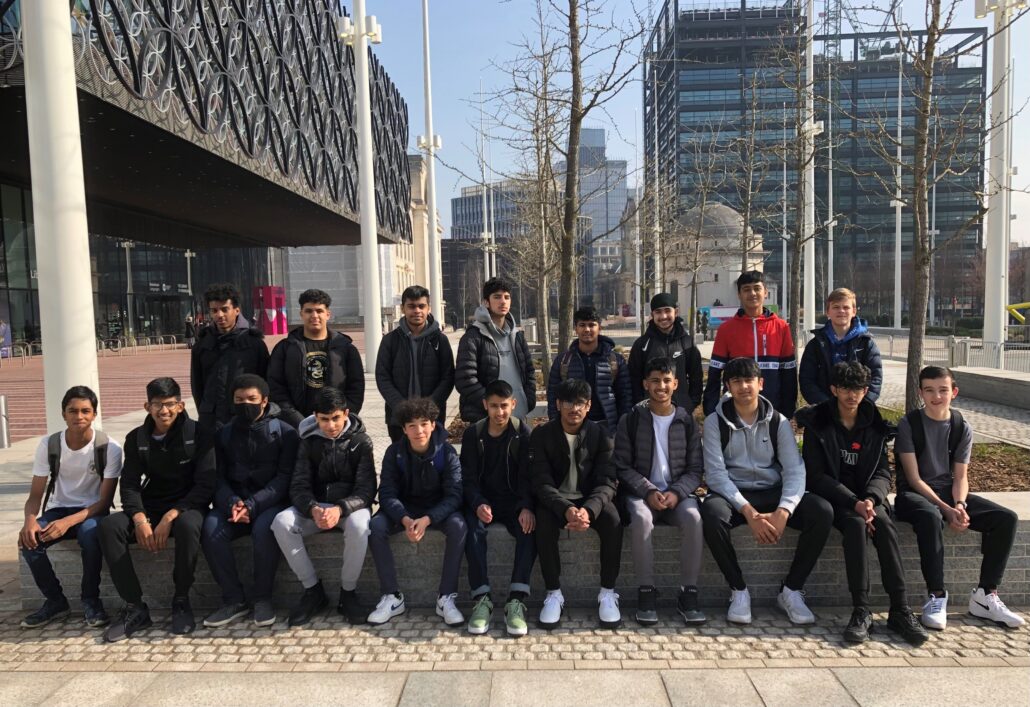News report from March 2022
Deadly blast at Kyiv TV tower as Russia warns Ukrainian capital.
Ukrainian officials accuse Russia of an attack on TV tower, after Moscow warned it would carry out ‘high-precision strikes’ on Kyiv.
At least five people have been killed after Russian forces fired at the main television tower in Kyiv and the city’s main Holocaust memorial, Ukrainian officials said, after Russia warned it would launch “high-precision” strikes on the Ukrainian capital.
Ukrainian authorities said five people were killed and five others wounded in the attack on the TV tower, located a couple of miles from central Kyiv and a short walk from numerous apartment buildings. A TV control room and a power substation were hit, and at least some Ukrainian channels briefly stopped broadcasting, officials said.
There was no immediate comment on the allegations from Russia. The country’s defence ministry said earlier that Russian troops would carry out an attack on what they said was the infrastructure of Ukraine’s intelligence services in Kyiv and urged residents living nearby to leave.
“In order to suppress information attacks on Russia, the technological infrastructure … in Kyiv will be hit with high-precision weapons,” defence ministry spokesman Igor Konashenkov said.
It would be hard, in fact impossible, not to know that a war has been raging in Ukraine since February. The UK stands united with Ukraine. We should also be clear that this war is not being waged by the will of the Russian people, but by the orders of their President. This invasion is Vladimir Putin’s doing, and there is equal sympathy for Russians who have no desire to see their country engaged in this fighting. I know many of us are very upset by what is happening, but as I wrote previously, loyalty to your own country does not necessarily meaning owning everything that is done in its name.
For the rest of you, whose countries are not directly involved, I commend you on your maturity in being sensitive to the situation. The horror that is unfolding is not something to be made light of or joked about, and you aren’t.
But first, back to the war itself. You are all aware of it, but what do you actually know about it? And how do you know what you know? The news report published last month above, reporting that Russian missiles had been fired at a television tower in Kyiv. Expensive, sophisticated, extremely destructive weapons, used against an unmanned television tower. Why?
Throughout history, when an army invades, it concentrates its attack on the biggest threats it faces. Airports are bombed and seaports are mined, so the other side cannot control the skies or the oceans. Bases and barracks are hit, in order to stop their soldiers before they can deploy. Ammunition dumps are blown up, so people have nothing to fight back with. Invading armies attack military targets to neutralise resistance early on. So why waste missiles on an unmanned television tower?
I am sure you know the answer. Information can be just as powerful a weapon of war as bombs and guns. Control what people are told, or not told, and you can sway the course of the conflict. Troops tried to take out that television tower for the same reason that cyber-hackers are trying to crash Ukraine’s internet at present; to stop media coverage that might encourage people to resist.
And President Putin isn’t just limiting what Ukrainians see and hear. In Russia itself, new laws have been passed to imprison journalists who report anything other than the Government’s version of the war. Western news networks like the BBC and social media platforms like Facebook have now been blocked in Russia. You might ask, if the Russian people don’t agree with Putin’s decision to wage war in Ukraine, why don’t they rise up against him? Part of the answer is, many of them don’t even know what he is doing, let alone how badly it is going. They are victims of the information war as well.
You may have seen an interview with a captured Russian soldier. “I feel shame that we came to this country,” he says. “I feel shame. I don’t know why we were doing it. We knew very little. We brought sorrow to this land.” He goes on to say that he feels sorry for the people back home in Russia, who are misinformed. “Some do not even have internet. They have no alternative to state media. They are constantly brainwashed,” he said.
Perhaps worse than no information though, is the threat of misinformation. Or worse still, disinformation. Misinformation is incorrect or misleading stories that are presented as facts, either intentionally or unintentionally.
At the start of the invasion of Ukraine, you may have seen the story of a group of sailors who were in charge of defending a small strategic base in the Black Sea called Snake Island. The story went that they were given the chance to surrender by the Russian Navy, but they refused (in fact, they sent back a pretty blunt radio message telling them what they could do with their surrender offer). In response to which, a warship launched a missile and wiped them all out.
The story quickly became a symbol of how ruthless the Russians were and how defiant Ukrainians could be. It inspired other defenders to fight to the death. A week later however, footage emerged of all those Ukrainian sailors alive and well, being held as prisoners of war. In the chaos of war, the original story was wrong. Not a deliberate lie, but still possibly enough to change the views and reactions of those who heard and believed it.
Unintentionally untrue, that was misinformation. Worse still is disinformation. Stories that are deliberately deceptive. And in today’s world, where anyone can post anything online without having to obey a code of journalistic integrity like the BBC have to, that is where the greatest dangers lie.
Already there are thousands of examples. A TikTok clip purporting to show a Russian truck delivering a nuclear bomb to be used in Ukraine was taken down last week because it was clearly a fake. But not before it had 18 million views. How many of those who saw it, believed it, and are now more terrified than ever?
A video went viral of a Russian tank changing course and deliberately driving over the top of a car coming towards it. Footage showed a dazed man miraculously being pulled alive from the mangled wreckage afterwards. At face value, it appeared to be an appalling, unprovoked attack on a civilian. But without any context, could it also have been a suicide bomber, or a deserting Russian soldier, or even an accident?
Photographs are circulated online every day showing the burned-out wrecks of Russian tanks and armoured vehicles. They give comfort and courage to Ukrainian fighters that maybe the enemy can be defeated. But a number of those photos have now been proven to come from wars that happened years ago, when Russians fought in Syria or Chechnya. So, are ordinary people risking their lives to resist a powerful army because of false encouragement?
In a video statement that was clearly real, Vladimir Putin said categorically that his troops were not attacking civilians. When asked about footage (which had been verified), showing entire apartment blocks being blown to rubble, he said he had evidence that the rockets had been fired by Ukrainian people themselves to try and make Russia look bad. He had no evidence for that claim. Disinformation.
There is an old adage that says, “The first casualty of war is truth.” The lesson for you in all of this is that knowledge is power, but that information can be manipulated. Our job in this School is not to tell you what to believe. It is to teach you how to believe. How to think independently. Discern for yourselves what is true and what is not.
As a deluge of stories and images continue to pour out of Ukraine, both online and in the mainstream media, you should not remain detached from the atrocities they show, but neither should you unquestioningly believe all that you see or hear. I encourage you to carefully consider everything, questioning not just the stories that are being told, but also the motivation of those who are telling them.
That said, war is always appalling, no matter the motives, and in spite of the misinformation. What is happening to ordinary people in Ukraine right now is unconscionable, and the one thing that is undeniable is that many of those being killed or injured every day are civilians. The UN estimate that over 3 million are now refugees, fleeing their homes in fear of their lives. This number is growing daily. Leaving behind all that they own in order to escape the violence that has come to their villages and cities. No amount of propaganda can hide that fact, and it is there that we should focus our practical response.
Last week I was heartened by the large number of you who asked, “What can we do to help?” Obviously, we can be well-informed, as we express our disgust at the plans of politicians and actions of military generals. But our outrage is unlikely to ever reach their ears, let alone sway them from their course. And of course, actions speak louder than words. What we can do is offer practical assistance to those in need.
Finally, you may simply wish to take the time to reflect on all that is happening and to pray for lasting peace. Until then, I encourage you all to continue to be discerning in how you consider news about the conflict and caring for all who are directly affected.
Stay well and safe.
Be kind to yourself and others.
Best wishes,
Dr Bird



















